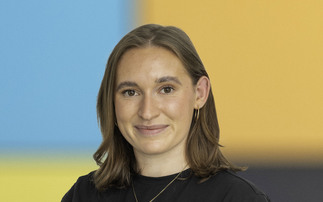US pharmaceutical Pfizer may yet return to bid again for AstraZeneca despite a crackdown on so-called 'tax inversion' M&A deals, Standard Life Investments' Frances Hudson has suggested.
UK pharmaceutical shares were hit last month when the US government outlined plans to crackdown on firms using mergers and acquisitions to reduce their tax obligations.
Among the firms seeing share prices tumble were companies associated with potential takeovers, such as pharmaceuticals AstraZeneca - the subject of a bid from US peer Pfizer earlier this year - and Smith & Nephew.
SLI's global thematic strategist Hudson (pictured) said tax inversion has been “a nice little kicker” for cash-generative sectors like pharmaceuticals.
The one to watch will be AstraZeneca
She said: “That has been one of the reasons these deals have been happening. Smith & Nephew have said they do not want to be taken over, but there was clearly an element of bid premium in the price.”
But Hudson also stressed firms will have multiple reasons for looking at an acquisition, and said more takeovers are still on the cards.
She said the market's initial response may be an overreaction: “Tax is rarely the primary motivation, and the reason mergers happen in certain sectors is it makes commercial sense.
“The one to watch will be AstraZeneca. Whether Pfizer still bids - that will tell you the degree to which tax considerations were the motivation for the acquisition.”
New regulations from the US Treasury department will bar certain techniques employed by companies to reduce their tax bill. President Barack Obama has already described the techniques as “unpatriotic”.
The share price of AstraZeneca reached an all-time high of 4823p in May 2014, after US pharmaceutical firm Pfizer bid £69bn for the business. Shares pulled back once the bid was rejected, but then recovered over the summer against a backdrop of rumours Pfizer might make a second bid.
In the wake of the Obama announcement, Astra's share price tumbled more than 6% on 23 September to £42.29. It has since recovered to £43.46, up22% year-to-date.













